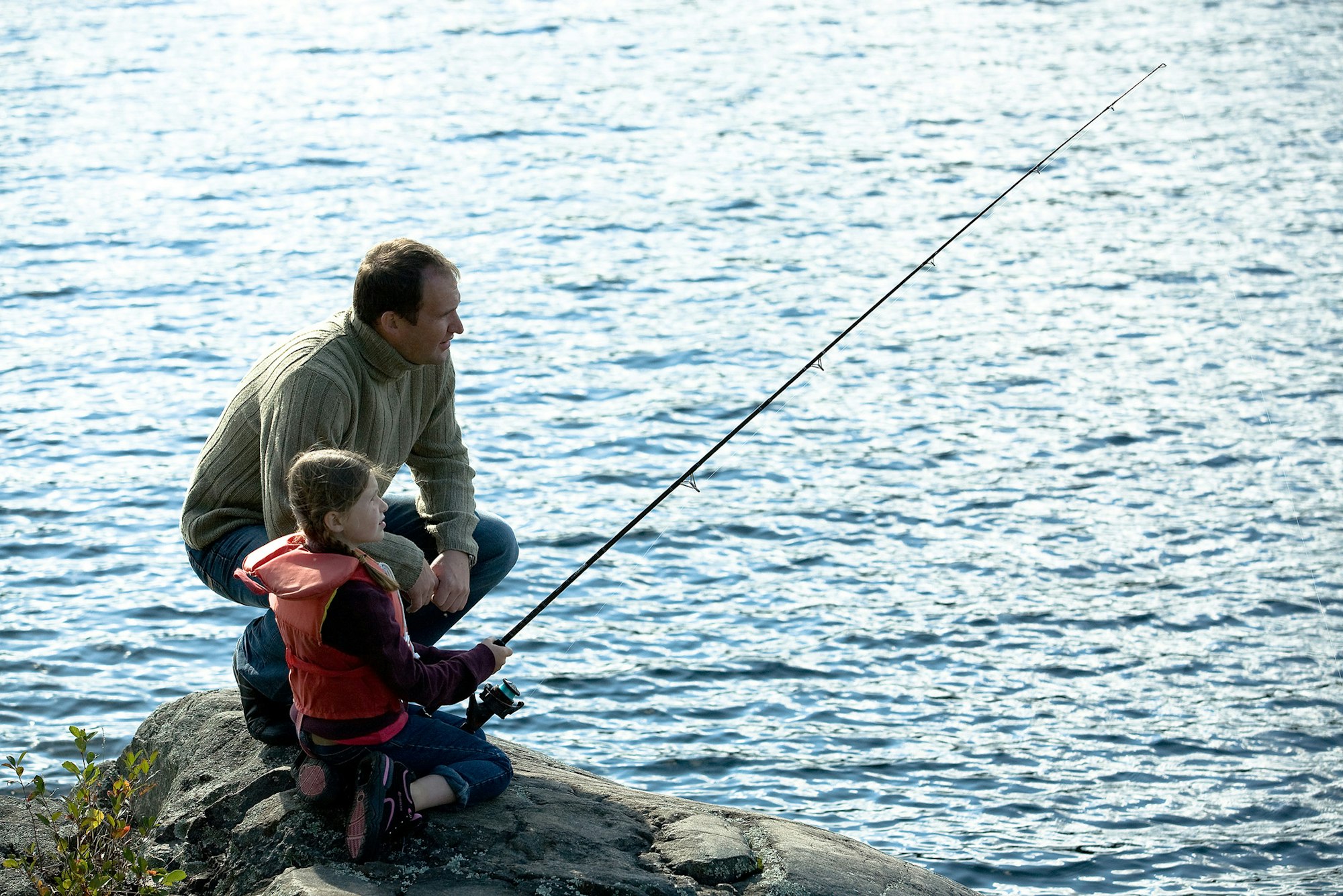Public Information - Septic Systems
What not to flush

Your toilet is only meant to flush the three P's—pee, poop and paper.
Human waste and toilet paper should be the only thing going down the toilet. Unfortunately, over the years, people have turned the toilet into a trash can, flushing medications, sanitary products, deceased pet fish and cigarette butts. Flushing these types of items down the toilet causes home pipes to clog, wastes water (up to 5 gallons of water every time you flush) and most importantly can have a huge impact on our sewers, not to mention the ocean. Below is a list of items that people commonly flush that should NOT be going down the toilet:
Baby Wipes, Sanitary Products, Paper Towels, Diapers and Facial Tissues—are made of materials that don't break down and can cause pipes to clog. Trash is the place for these items. DO NOT FLUSH!
Prescription Drugs, Over-The-Counter Medications —contain chemicals that you don't want entering the wastewater supply. Keep in mind that sewage is treated and recycled, so we want to keep our wastewater as chemical-free as possible. The best way to dispose of items like these is to crush them and then mix with coffee grounds, kitty litter or dirt before sealing them in a plastic bag and disposing of them in the trash. DO NOT FLUSH!
Kitty Litter— (especially clay kitty litter) will sooner or later clog your pipes, even the ones that claim to be "flushable." Far more problematic is Toxoplasmosis, a parasite found in cat waste that is harmful to marine biology. It's better to keep your cat waste out of wastewater and just put it in the trash.
DO NOT FLUSH!
Household hazardous materials—such as motor oil, pesticides, paint and solvents should never be poured down the drain. All of these are highly toxic and will cause longterm damage to the environment. Dispose of these items at the nearest household hazardous waste collection. DO NOT FLUSH!
